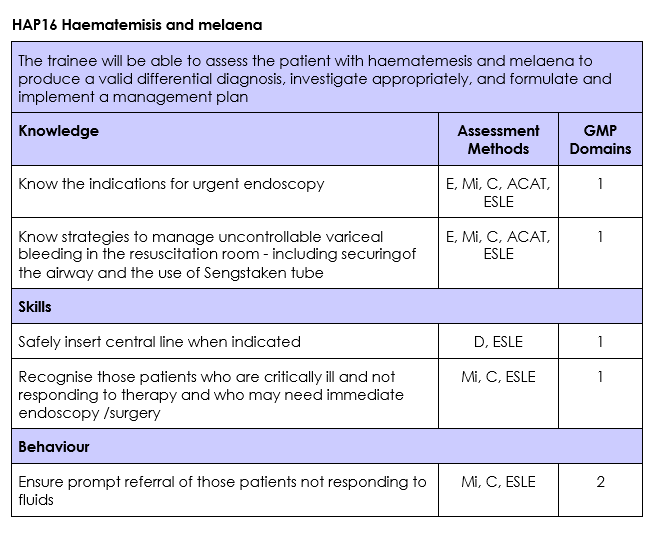Picture the scene…
A patient is brought into the Resus Room with haematemesis. You’ve started a blood transfusion and wonder if giving TXA (tranexamic acid) may help…
Learning Objective
To critically appraise the HALT-IT study
Task 1 – Read the Paper
Read and critically appraise the paper – “Effects of a high-dose 24-h infusion of tranexamic acid on death and thromboembolic events in patients with acute gastrointestinal bleeding (HALT-IT): an international randomised, double-blind, placebo-controlled trial1“.
You might find this SGEM/BEEM checklist for randomised controlled trials useful.
Task 2 – Listen
Listen to the Resus Room team interview the lead author, Ian Roberts. This interview was taken from an episode of the Resus Room podcast, published in June 2020.
Task 3 – Discuss
This part of the teaching session should be lead by an experienced clinician.
Go through the SGEM/BEEM Critical Appraisal checklist. Discuss any points that learners disagree on.
How will this paper change your practice (or won’t it?).
Task 4 – Summary
In this session we have critically appraised a paper about the use of tranexamic acid (TXA) in the treatment of upper GP bleeding.
Task 5 – Reflect
In order to embed today’s learning further, reflect on what you have learnt and record in your portfolio whether it has had any impact (or is expected to have any impact) on your performance and practice.
Was this a topic that you were confident you knew already? Which parts were new to you? Were there elements that you will use on your next clinical shift.
Dscuss this session with your colleagues – were there people who missed it who you can share the highlights with?
References
- 1Roberts I, Shakur-Still H, Afolabi A, et al. Effects of a high-dose 24-h infusion of tranexamic acid on death and thromboembolic events in patients with acute gastrointestinal bleeding (HALT-IT): an international randomised, double-blind, placebo-controlled trial. The Lancet 2020; : 1927–36.
